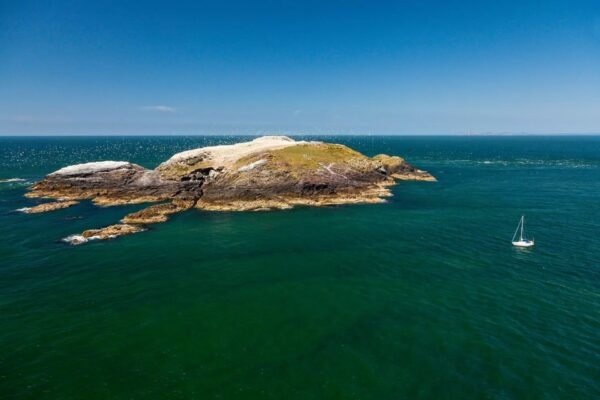Hundreds of seabirds have been washed up on beaches on the South Pembrokeshire coast. The birds are being regularly removed, although more are being washed up between the clear-ups. Most are guillemots, although razorbills and gannets have also been reported.
Testing has taken place on a sample of the dead birds, and Avian Influenza (bird flu) has this week been confirmed.
The Pembrokeshire coast is a globally-important habitat for colonies of seabirds. Skomer, for example, has important colonies of puffins and Manx shearwaters.
Earlier in March a dolphin washed up on a Pembrokeshire beach was found to be one of the first cetaceans in the world to be infected with avian flu. James Parkin, the director of nature and tourism at Pembrokeshire Coast national park authority, said: “We anticipate an increase in the numbers of birds being washed ashore following the recent bad weather and we are urging people not to handle any dead or sick wild birds they may come across, to keep their dogs away, and to follow the advice provided in reporting any incidents.”
Julie James, Climate Change Minister, visited Ramsey and Grassholm Island off the coast of Pembrokeshire to assess the scale of highly pathogenic avian influenza (HPAI) which is affecting wild sea bird colonies around the UK.
Members of the public are being urged not to handle any dead or sick wild birds they may come across in Pembrokeshire, and to keep their dogs away from them.
